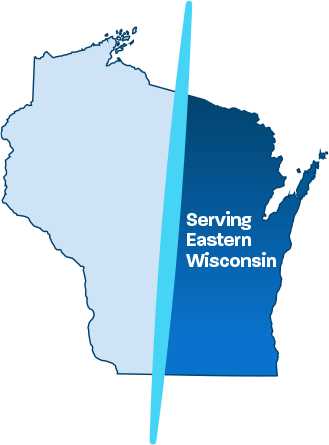Thanks to the COVID-19 pandemic, Zoom has gained some significant recognition and popularity in the past few months.
Remote workers are using software solutions like Microsoft Teams and Zoom to conduct meetings and keep in touch with coworkers. Since Zoom is free, along with the rise in popularity came little-known security implications.
Did you know, for instance, that a staggering amount of Zoom accounts were stolen, and these compromised accounts are now for sale on the dark web? This massive data theft impacted the email addresses and passwords of thousands of Zoom users, maybe even some at your company.
What is the Dark Web?
In simple terms, the dark web is the internet that exists underneath the commercial internet, a smorgasbord of anarchist websites, illegal drug sales, child pornography, illicit gun sales and everything else you can think of. In essence, if it is illegal, immoral or dangerous, it is probably for sale on the dark web.
Beyond the exploitation of the children and illegal arm sales, there are literally millions of stolen credentials for sale on the dark web like credit card numbers, bank accounts, email addresses, passwords and more. This personal information includes data harvested from data breaches and implanted malware, Social Security numbers stolen through phishing attacks and of course the Zoom accounts that were recently appropriated and put up for sale for less than a penny each.
If your company was part of the well-publicized Zoom breach, employee credentials could be waiting for a buyer on the dark web.
Is the Dark Web Illegal?
You might think that something as nefarious and clearly dangerous as the dark web would be illegal, but this is simply not the case. While many of the illegal activities that take place on the dark web, like the trading of certain sexually explicit images and the sale of mind-altering substances, are certainly illegal, the actual platform known as the dark web is not.
The reasons behind the legality of the dark web are complicated, involving subjects like free speech, free expression and the value of technology.
Shocking Statistics about the Dark Web
The statistics involving the dark web and the illicit sale of stolen information is staggering.
In one high profile case, more than $213 million dollars changed hands, facilitating the transfer of illegal drugs. The dark web site involved in those nefarious actions was known as Silk Road, a marketplace for illegal drugs and other contraband. One of the first forums of its kind, Silk Road brought together buyers and sellers from around the globe, functioning in much the same way as any other e-commerce site like eBay.
Fortunately, Silk Road was eventually brought down by authorities, shutting down in 2013, just two years after its inception. Unfortunately, there are plenty of other illegal marketplaces just like Silk Road, operating under the radar and trading illegal goods, stolen personal information and much more.
Since the takedown of Silk Road, federal agents have gained some ground, taking down another large marketplace called Alphabay in 2017. What once seemed like an endless string of dark net takedowns, is now looking like a brief window where marketplace technology outpaced law enforcement’s ability to track it. Today, federal agents have caught up – and based on the rate of successful takedowns, they’re making up for lost time.
What Can You Do to Protect Yourself and Your Business?
From deep scans, to targeted searches for information that may have been compromised, there are steps you can take to protect yourself from the dark web.
Dark Web Scans
If you suspect your data may have been compromised, a dark web scan can do a deep dive into the wilds of the dark web, looking for information concerning your business, employees and your data. These professional scans search for stolen credentials, sensitive business information, credit card numbers, and other data for sale on the dark web.
If your information has been compromised, you can take immediate steps to reduce the damage, including changing impacted passwords, closing unneeded accounts and beefing up security measures on your connected devices and company network.
Dark Web Monitoring
In addition to dark web scans, dark web monitoring can be incredibly helpful. Also known as cyber monitoring, dark web monitoring is an identity theft prevention solution that allows you to monitor your identity on the dark web. If your information is found, you will be notified immediately.
What To Do If You Suspect Your Information is on the Dark Web
The following steps are recommended in the event your data has been compromised.
- Change your passwords. Change all passwords associated with the dark web search, including credentials used at other sites. This is especially relevant if you tend to use the same password for multiple websites.
- Cancel stolen credit cards. Notify your credit card issuers immediately and let them know your number is for sale on the dark web. Doing so will limit your liability and reduce the financial fallout.
- Monitor your accounts carefully. Even if you shut down your accounts, some charges may have already been approved. Monitor your accounts and statements carefully and report any suspicious activity right away.
- Report the identity theft and freeze your credit. If your Social Security number is found on the dark web, you need to report the suspected identity theft right away and freeze your credit. Freezing your credit will prevent any new loans or credit cards from being issued.
If your organization has experienced a data breach or you need help conducting a dark web scan, Ontech Systems is here to help. Just contact us online or give us a call at 262-522-8560 and one of our experienced technicians will walk you through the process, from uncovering your information on the dark web to mitigating the damage and protecting your sensitive business data moving forward.






